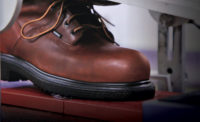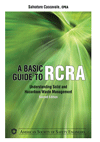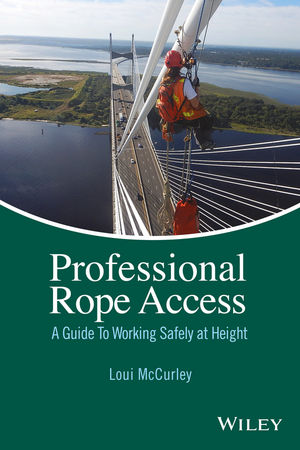A guide to checking your roof

 By Harry Dietz and Charlotte Norgaard, National Roofing Contractors Association.
By Harry Dietz and Charlotte Norgaard, National Roofing Contractors Association.
A checkup on your roof system in the fall and spring can help diagnose potential problems early.
NRCA recommends you hire a professional roofing contractor to assist you with checking your roof. However, NRCA realizes many homeowners prefer to perform an initial inspection themselves.
Tom Bollnow, Senior Director of Technical Services at NRCAstates, “Although many homeowners are capable, we don’t encourage a homeowner to go up on the roof.” Most residences have sloped roofs that make footing unstable, Bollnow explained, and combined with the fact that you are likely on a level very high off the ground, homeowners are often better off hiring a professional to do the check.
In addition, the OSHA has strict guidelines for the protection of roofing workers from falls when they perform repairs or install a roof system. As a homeowner, you will likely not have the equipment or the training to keep yourself safe should you attempt to tackle repairs on your own.
If you prefer to perform a checkup yourself, following are some important tips for doing an inspection from a ladder without accessing the roof.
When cleaning your gutters or inspecting your roof system, remember the following important ladder safety tips: Inspect the ladder, rungs and rails for damage before you use it.
- Make sure the ladder is on solid, level ground and secure it.
- Also, secure the ladder at the top to prevent it from slipping, for example, but tying it to the structure.
- Extend the ladder at least 3 feet beyond the gutter, and angle it 1 foot back from the house for every 4 feet in eave height.
- Always use both hands when climbing the ladder.
Once on the ladder, you should look for:
- Shingles that are buckling, curling or blistering; this indicates the end of the shingles' life expectancy.
- Loose material or wear around chimneys, pipes and other penetrations.
- Excessive amounts of shingle granules in your gutters; granules give shingles added weight and protect them from ultraviolet rays.
Before you hire a roofing contractor, do your homework:
- Check for a contractor's permanent place of business, telephone number and tax identification number.
- Check references from prior customers.
- Ask for proof of insurance (liability and workers' compensation*). By obtaining a Certificate of Insurance from the contractor and then call the broker/agent to verify coverage will be in a place when your job is to be performed.
- Ask the contractor about material and workmanship warranties.
*Note: U.S. workers' compensation laws vary by state. Consult your state's laws to determine workers' compensation insurance requirements.
Use the following form to record your roof system's checkup each fall and spring.
|
Your roof system's health |
||||||
|
|
Fall |
Spring |
Fall |
Spring |
Fall |
Spring |
|
Cleaned gutters |
|
|
|
|
|
|
|
Checked shingles |
|
|
|
|
|
|
|
Inspected around |
|
|
|
|
|
|
|
Checked interior walls and ceilings for water damage |
|
|
|
|
|
|
|
Called a professional roofing contractor |
|
|
|
|
|
|
If you diagnose a problem, hire a professional roofing contractor.
The National Roofing Contractors Association (NRCA) is one of the construction industry's most respected trade associations and the voice of roofing professionals and leading authority in the roofing industry for information, education, technology and advocacy. Founded in 1886, NRCA is a nonprofit association that represents all segments of the roofing industry, including contractors; manufacturers; distributors; architects; consultants; engineers; building owners; and city, state and government agencies. NRCA's mission is to inform and assist the roofing industry, act as its principal advocate and help members in serving their customers. NRCA continually strives to enhance every aspect of the roofing industry.
NRCA has more than 3,500 members from all 50 states and 53 countries and is affiliated with 97 local, state, regional and international roofing contractor associations. NRCA contractor members range in size from companies with less than $1 million in annual sales volumes (50 percent of the current membership) to large, commercial contractors with annual sales volumes of more than $20 million. More than half perform both residential and commercial roofing work, and more than one-third have been in business for more than a quarter of a century.
Contact: National Roofing Contractors Association, 10255 W. Higgins Road. Suite 600, Rosemont, IL 60018-5607; Telephone: (847) 299-9070; Fax: (847) 299-1183; www.nrca.net
Office hours: 8 a.m. to 5 p.m. CST
Looking for a reprint of this article?
From high-res PDFs to custom plaques, order your copy today!








